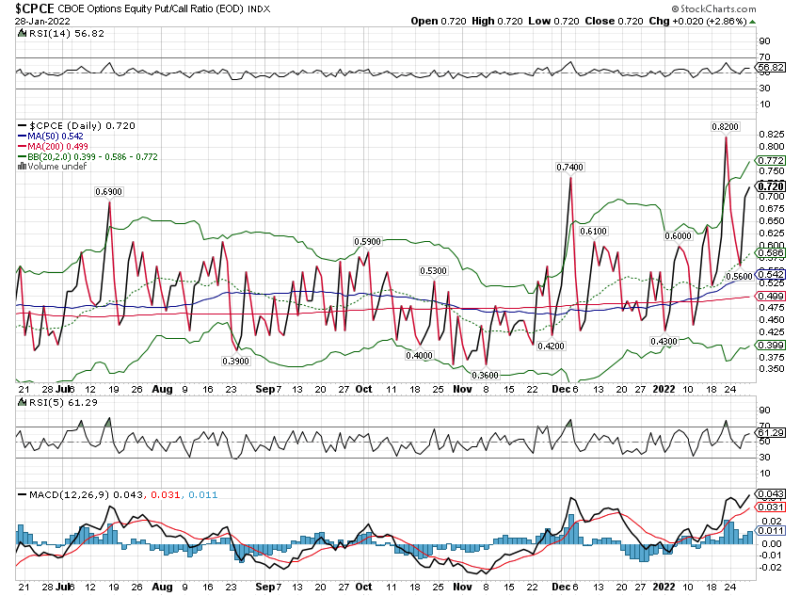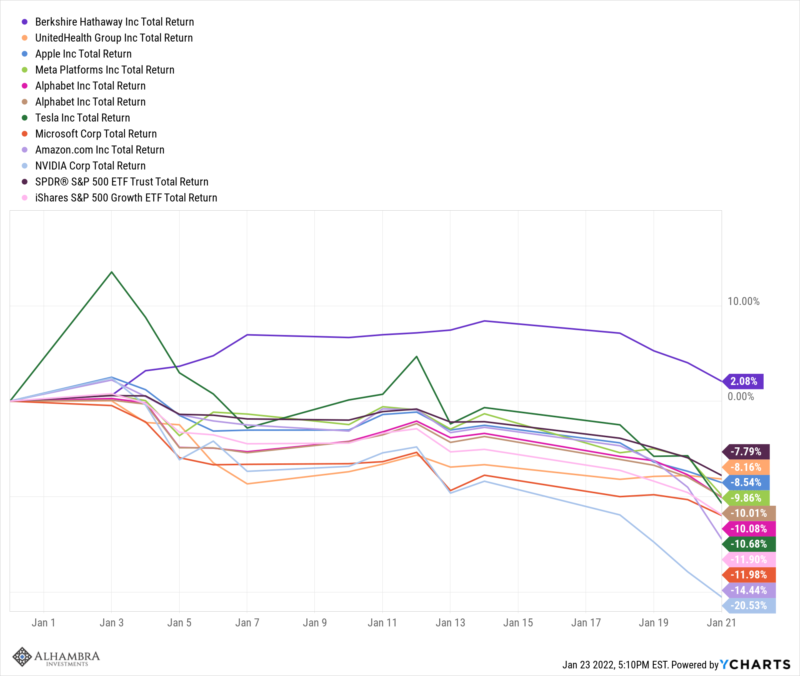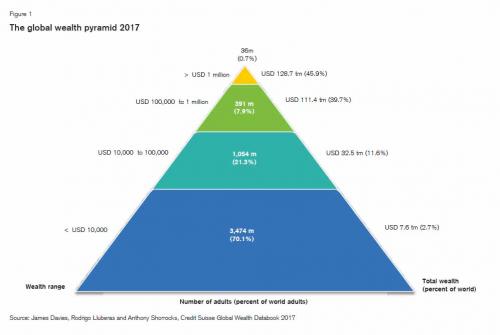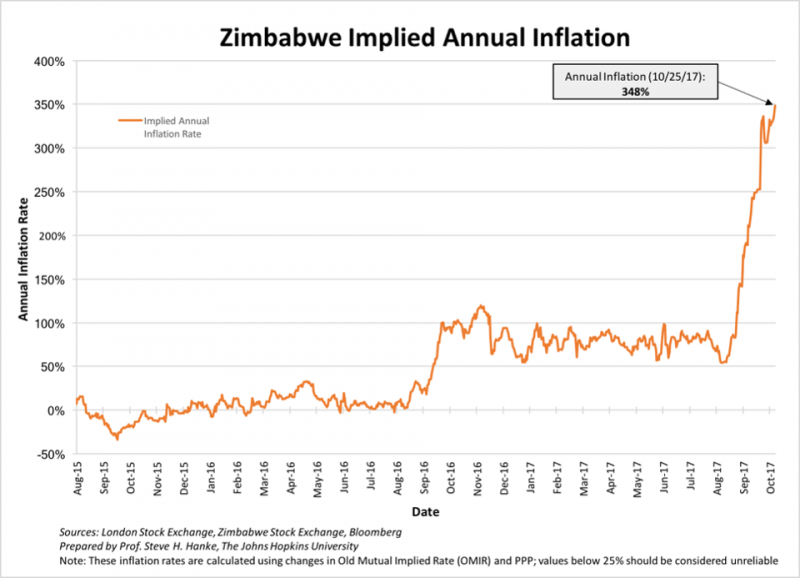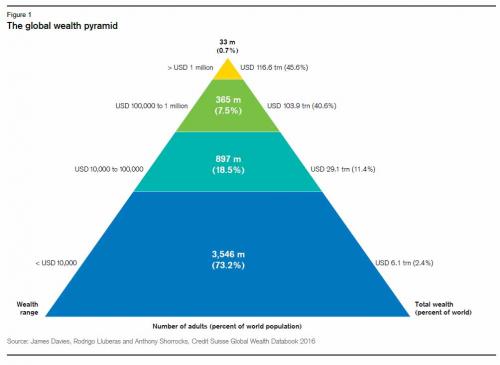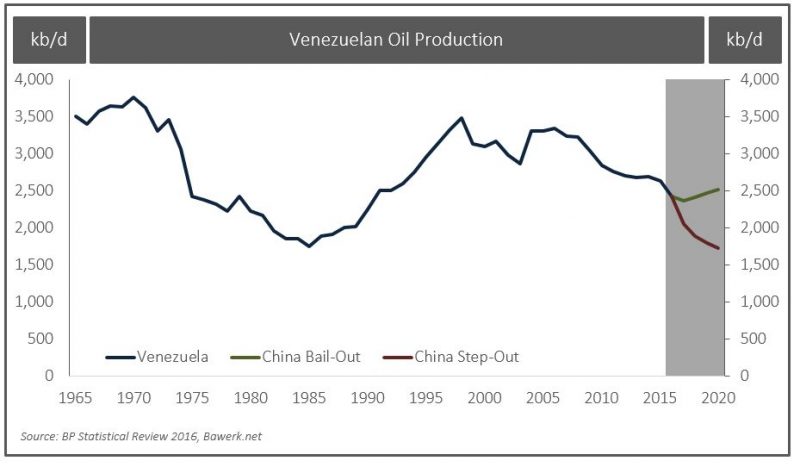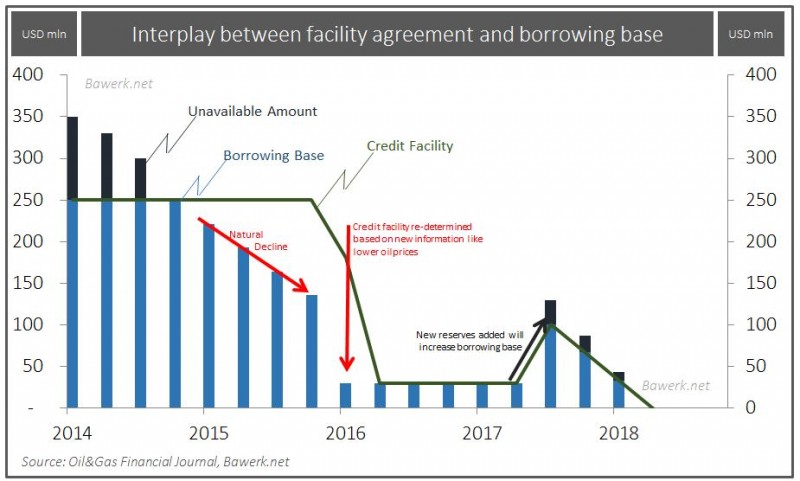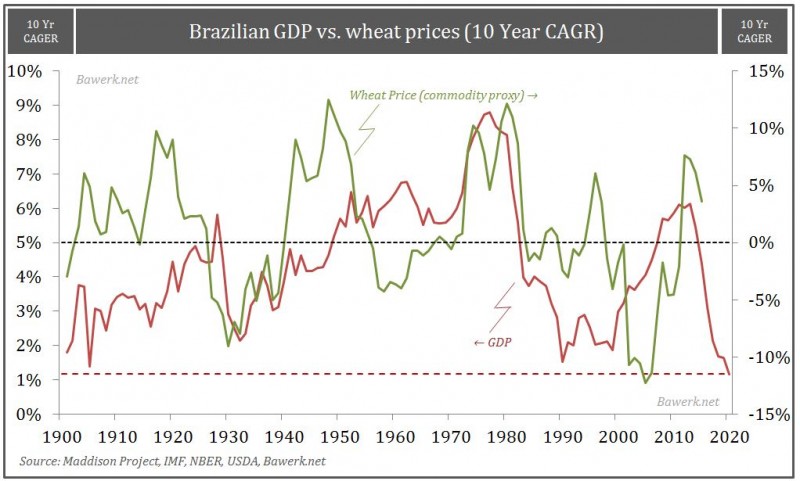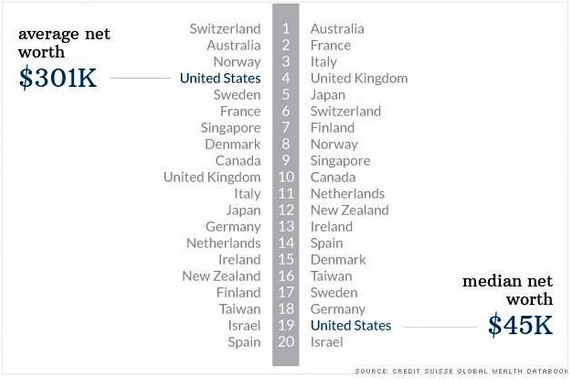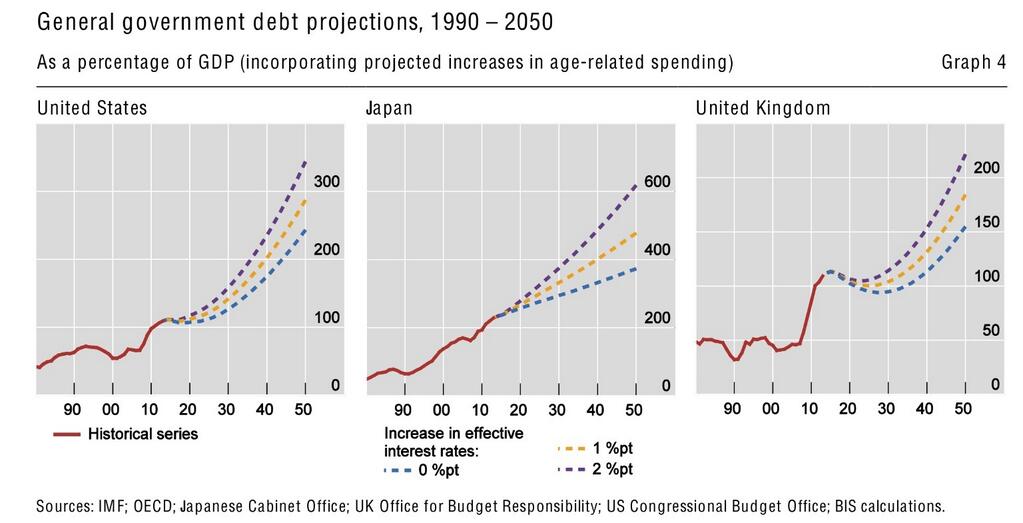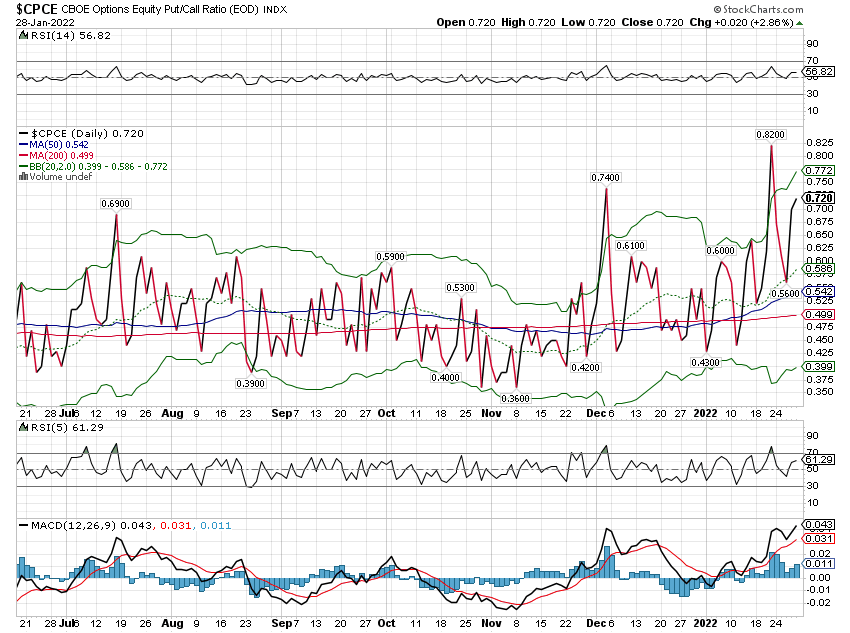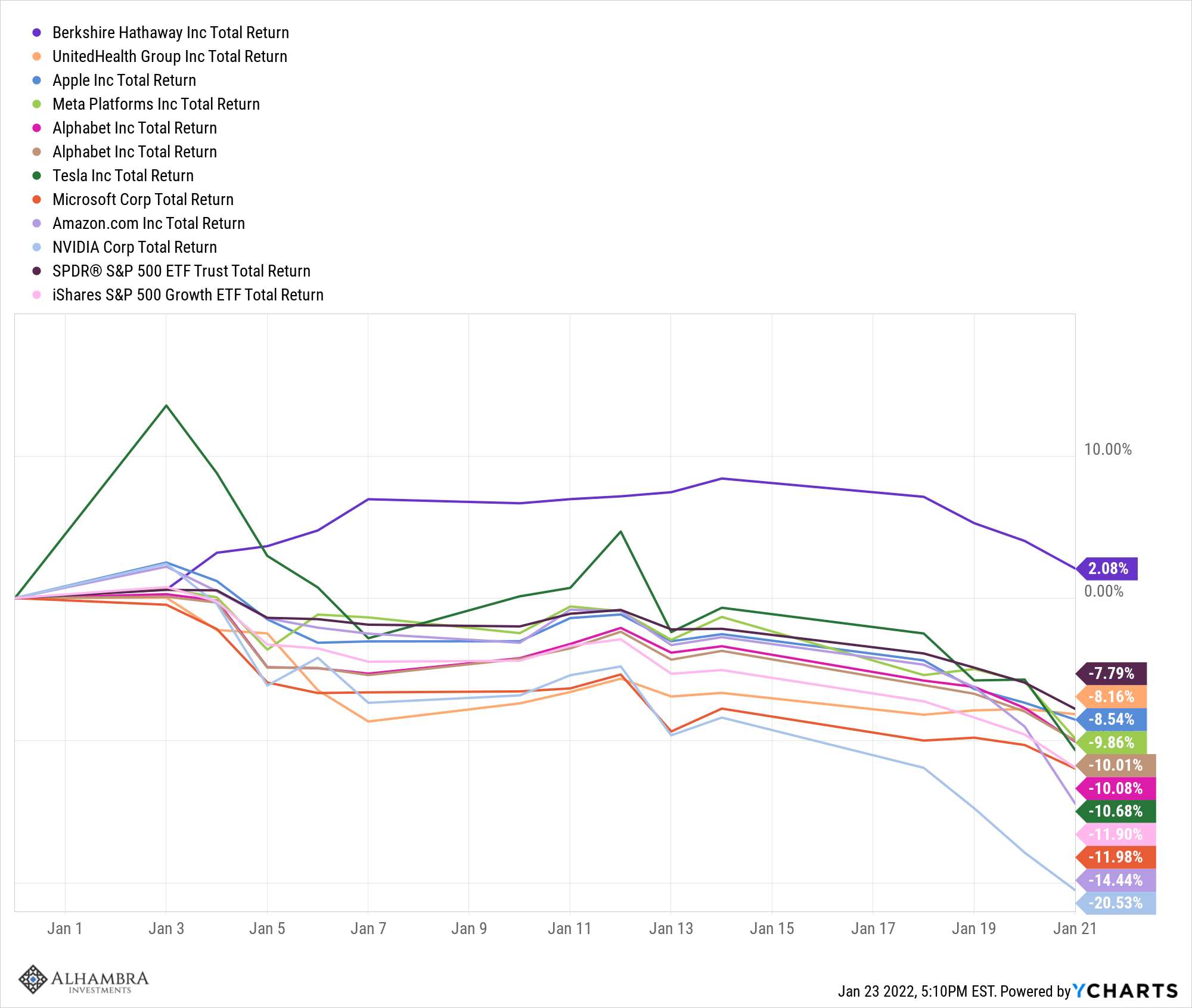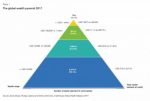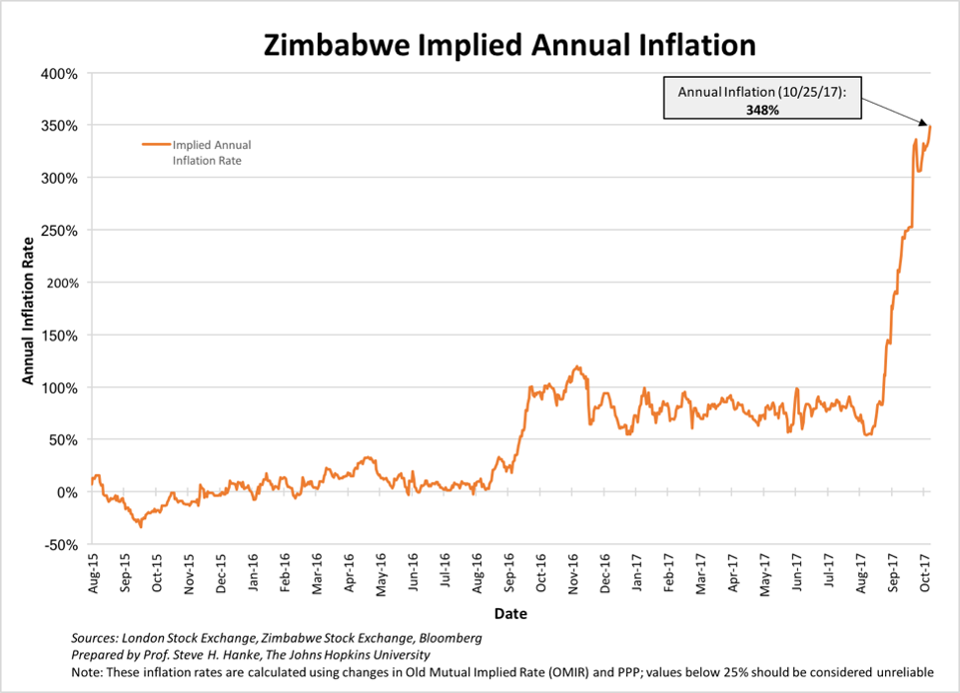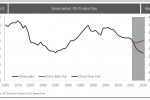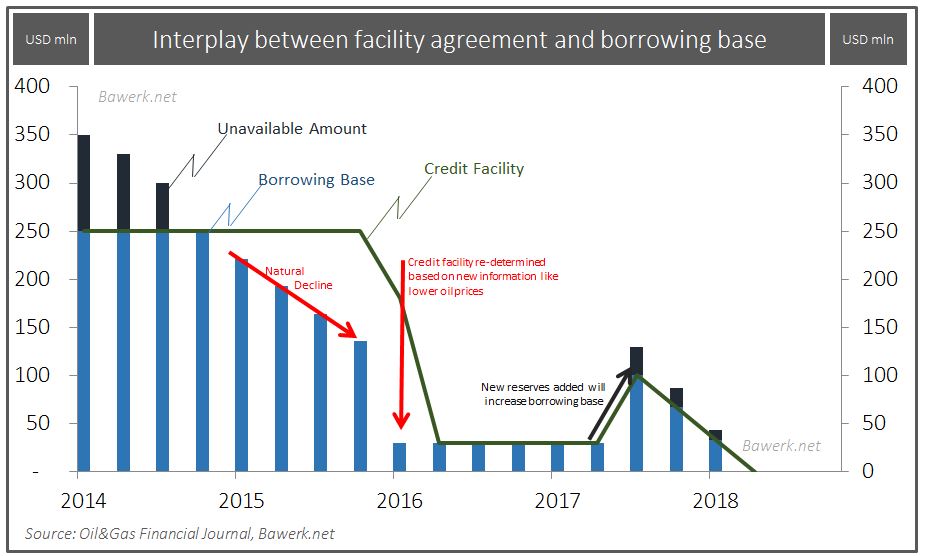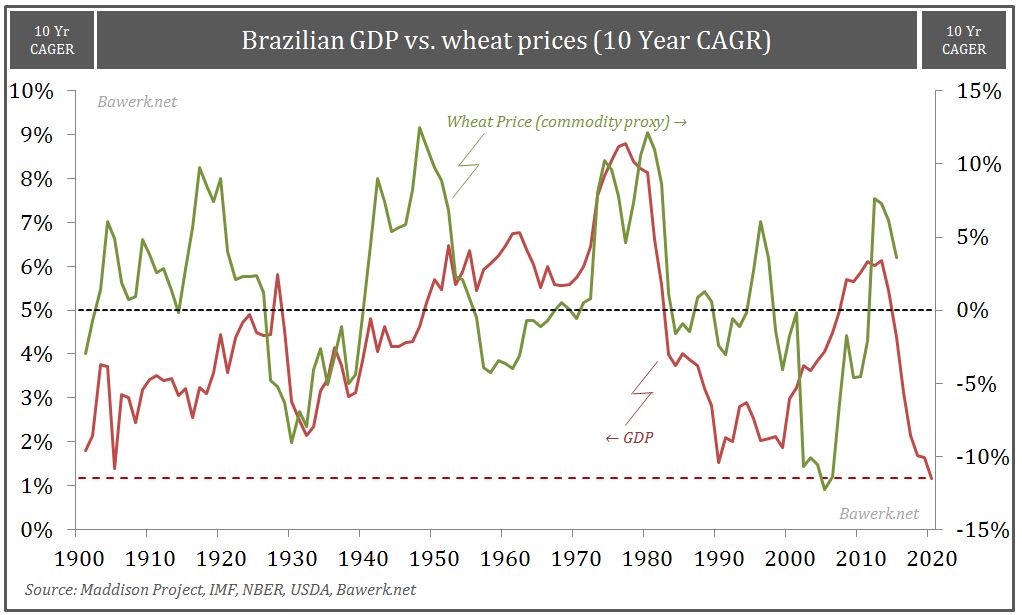Tag Archive: Latin America
Weekly Market Pulse: Are We There Yet?
I’ll just get this out of the way right at the beginning. The question in the title of this post refers to the end of the ongoing stock market correction and the answer is likely no. There are no sure things in this business so it isn’t an unequivocal no, but based on history, the odds favor more weakness.
Read More »
Read More »
Weekly Market Pulse: Fear Makes A Comeback
Fear tends to manifest itself much more quickly than greed, so volatile markets tend to be on the downside. In up markets, volatility tends to gradually decline.
Read More »
Read More »
For The First Time Ever, The “1 percent” Own More Than Half The World’s Wealth: The Stunning Chart
Today Credit Suisse released its latest annual global wealth report, which traditionally lays out what has become the single biggest reason for the recent "anti-establishment" revulsion: an unprecedented concentration of wealth among a handful of people, as shown in Swiss bank's infamous global wealth pyramid, an arrangement which as observed by the "shocking" political backlash of the past year, suggests that the lower 'levels' of the pyramid are...
Read More »
Read More »
Deepening Crisis In Hyper-inflationary Venezuela and Zimbabwe Show Why Physical Gold Is Ultimate Protection
Deepening Crisis In Hyper-inflationary Venezuela and Zimbabwe. Real inflation in Zimbabwe is 313 percent annually and 112 percent on a monthly basis. Venezuela's new 100,000-bolivar note is worth less oday thehan USD 2.50. Maduro announces plans to eliminate all physical cash. Gold rises in response to ongoing crises.
Read More »
Read More »
If American Federalism Were Like Swiss Federalism, There Would Be 1,300 States
In a recent interview with Mises Weekends, Claudio Grass examined some of the advantages of the Swiss political system, and how highly decentralized politics can bring with it great economic prosperity, more political stability, and a greater respect for property rights. Since the Swiss political system of federalism is itself partially inspired by 19th-century American federalism, the average American can usually imagine in broad terms what the...
Read More »
Read More »
Global Wealth Update: 0.7 percent Of Adults Control $116.6 Trillion In Wealth
Today Credit Suisse released its latest annual global wealth report, which traditionally lays out what is perhaps the biggest reason for the recent "anti-establishment" revulsion: an unprecedented concentration of wealth among a handful of people, as shown in its infamous global wealth pyramid, an arrangement which as observed by the "shocking" political backlash of the past few months suggests that the lower 'levels' of the pyramid are...
Read More »
Read More »
China the lender of last resort for many oil producers
Bawerk explains how China will be the lender of last resort of many oil producers. China might let collapse a smaller producer and become much smarter at covering its political bases across producer states to protect longer term sunk costs.
Read More »
Read More »
OPEC’s Doha Dilemma: 3mb/d US lock in?
Bawerk shows that more than 3 mb/d of American oil production was helped by US$55.5bn in credit facilities, by excessive debt. This production is now at risk and the debt may not be repaid. The big OPEC players are playing against US shale oil and some smaller OPEC members that have higher costs.
Read More »
Read More »
Latin America – Seven Ugly Sisters in Deep Political Trouble
Get beyond endless Latin American headlines burning column inches and you come to far broader strategic conclusion: The seven ‘ugly Latino sisters’, namely Brazil, Venezuela, Ecuador, Bolivia, Colombia, Mexico and Argentina are all deep political trouble from collapsed benchmark prices.
Read More »
Read More »
Net National Savings, Part two: The Consumption-Driven Economies
The second part on Net National Savings in % of gross national income, our preferred alternative indicator to GDP. This part contains the consumption-driven economies, which are Latin America and our Western countries
Read More »
Read More »
Financial Cycles History, 1978-1985: Oil Glut, Strong Dollar and the Lost Decade in Latin America
The next financial cycle takes from 1981 to 1990: The dollar was strong, Latin America lost a decade and the Japanese created their bubble.
Read More »
Read More »
Why There Won’t Be A Strong Dollar, Even If The Financial Establishment Thinks So
In this second part of our series we provide arguments why the widely expected strong dollar period might not come. We look at the most important economic indicators that might justify a stronger dollar: the ISM manufacturing index and the interest rate differences between the U.S. and Europe.
Read More »
Read More »
Strong Dollar: the Parallels Between Now, the 1980s and 1998-2002, Part 1: Austerity
We examine the relationship between strong dollar phases and austerity in other parts of the world. Between 1983 and 1985 one reason for the strong dollar were high real interest rates in the U.S. after the defeat of the Great Inflation period, the enforced austerity in Southern America and cheap commodity prices caused by generally …
Read More »
Read More »
History: The Lost 1980s Decade in Latin America
Peripheral Europe is going to follow step and step the Mexican and the resulting Latin American debt crisis of the 1980s.
Read More »
Read More »









